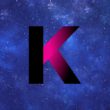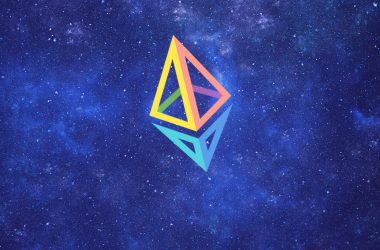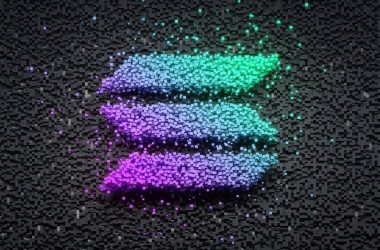Wallet selection is one of the key ingredients for onboarding Web2 users into Web3. New projects are trying to offer a product that does not depend on the creation of an external wallet. This led to the creation of several new wallet standards for Web3, all of which required a creative approach to blockchain integration.
Play2Moon picked the best available services and hubs for Web3 developers which offer wallet services and several standards of Web3 wallets.
WalletConnect: Bridging Infrastructure for Web3
WalletConnect is one of the most widely used features to bridge between different wallets and blockchains, and Web3 apps. WalletConnect serves as a Web3 messaging layer, integrating existing or new wallets to decentralized apps.
WalletConnect reaches out to both new wallet builders and app teams, providing SDK for both use cases.
For wallet builders, the suitable packages include Web3Wallet and PushAPI to retrieve on-chain and off-chain data. WalletConnect is also going through expansion, being added to new blockchains as a key component to Web3 integration.
WalletConnect 2.0 is becoming more widely used among alternative wallet producers.
The Third Web Wallet SDK
The Third Web is one of the most actively developing toolsets for Web3 builders. The latest SDK added to the hub is specifically dealing with all available wallet options when onboarding Web3 users.
The advantage of Third Web’s system is that it helps apps connect any wallet. Web3 wallet SDK work for browser games, mobile games and complex Unity features. Third Web also supports the addition of Multi-Party Computation wallets, which share the security between the game team and the end user, avoiding the need for the users to store private keys.
Third Web also offers email wallet integration, meaning players can start receiving NFT or token balances from the start, and only later convert to a wallet active on the blockchain. Third Web is also compatible with Wallet Connect features, as well as in-house wallets, existing private keys and all other common types of blockchain wallets.
Ignitions: Wallet as a Service
Ignitions is a curated, subscription-based service with several tiers of usage. Wallet integration is one of the key services, offering advice and the best tools to bring in games without an in-house blockchain team.
Ignitions offers a widget-based wallet, which can either integrate MetaMask, or create new wallets along with accounts. In addition to basic wallet functions, Ignitions offers a detailed tool to add user history, making an easy record of a game’s airdrops, NFT earned, trades, transactions, badges and other Web3 features.
Torus: The Wallet for Web3 on Ethereum
Torus is a wallet and an integration SDK ecosystem, which focuses on the Ethereum blockchain. Ethereum remains the largest Web3 venue, even when using side chains and alternative L2 solutions, and most wallets are compatible.
Torus has two main advantages – its easy integration, and its functions as a one-stop shop for onboarding into Web3. One of the features includes the potential to buy digital assets with a direct fiat ramp.
Torus connects with thousands of apps, and allows for an email wallet, where sending some types of assets is only tied to an email account. Torus offers detailed documentation on its integration code, suitable for advanced Web3 teams.
Alchemy: Specializing in Account Abstraction
The products offered by Alchemy span the whole range of Web3 services, including tokenization, NFT minting and trading, oracle functions.
Alchemy’s wallet product focuses on account abstraction, or various forms of smart contract wallets. Such a wallet can onboard Web3 users seamlessly, while creating a safe storage for their balance.
Alchemy’s wallet abstraction tech is still distributed through a list to early-adoption projects. Even with this early-stage wallet tech, Alchemy remains key for teams that seek a fast launch for their Web3 app.
Wallet technology is growing to ensure the greatest safety and security, especially against scams that target end users. With MPC wallets and account abstraction, NFT ownership is less prone to errors and malicious attacks.










